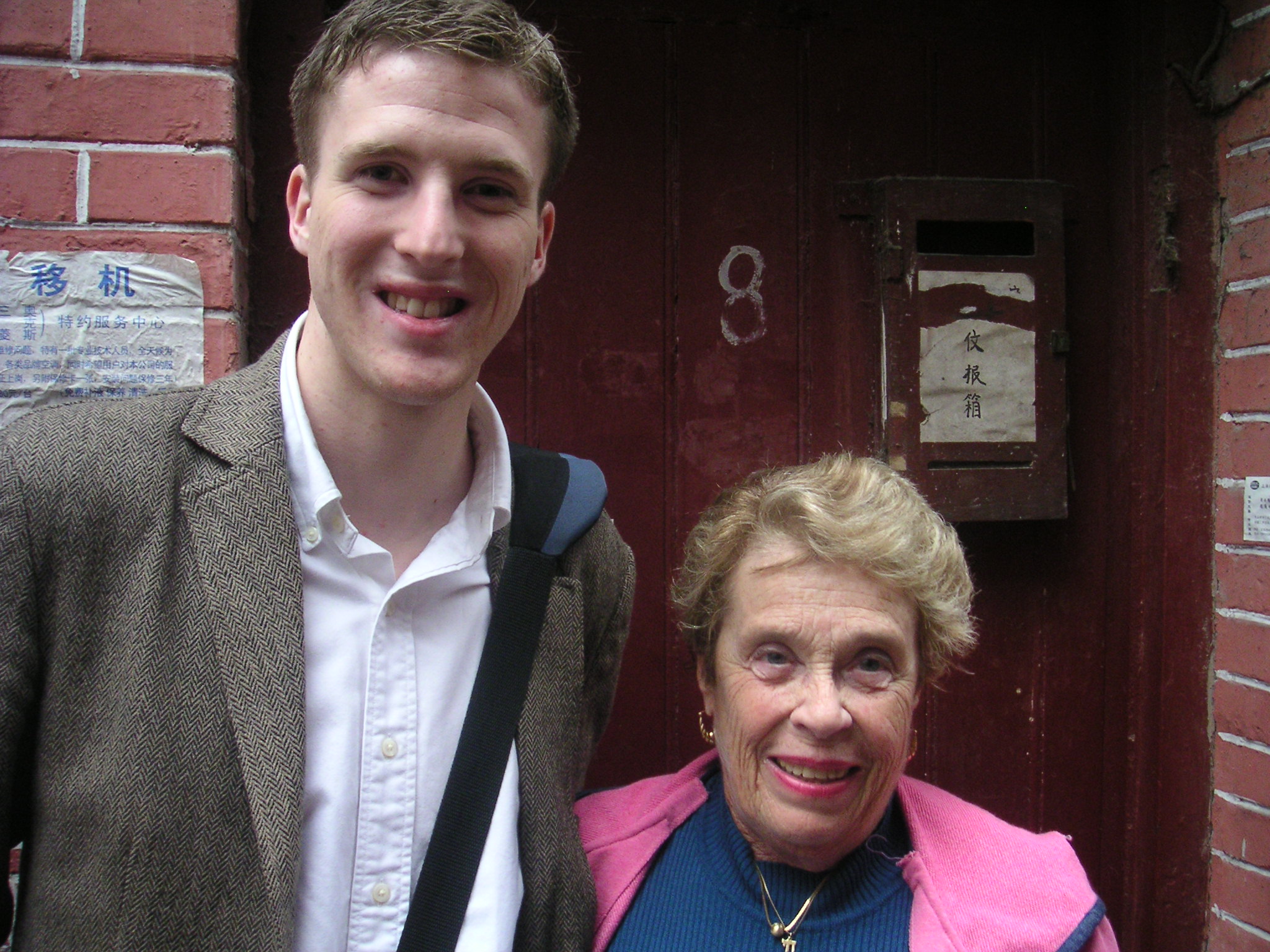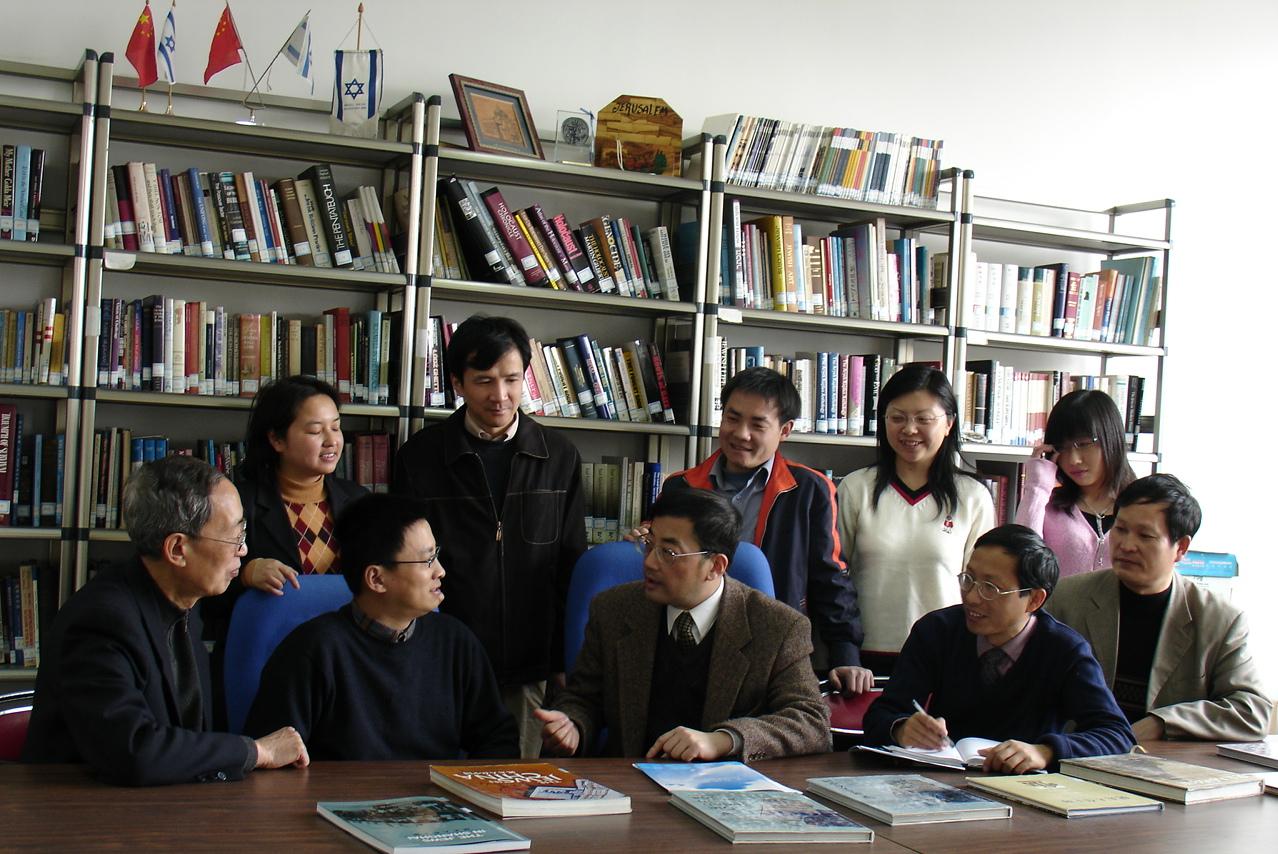Martin Wallner

China, Gedenkdienst 2006
Gedenkdienst is formally called civil replacement service abroad, but I have always seen it as an alternative to the military service. Conscription is about the fact that we as a society have to stick together in case of emergency to defend our lives and values. We know from the past that it is therefore necessary to prepare and practice, always in the hope that an emergency will never happen again. Austria has a special responsibility with the perpetratorship during the Holocaust and the work of remembrance creates an important contribution for the security of future generations.
As a teenager, I wanted to join the Austrian Armed Forces and perhaps even take the one-year volunteer path. However, at the physical examination, I was told that I could not go to the unit I wanted because of a torn cruciate ligament I had years ago from a skiing accident. The Army urged an operation, but I didn’t think that was necessary then or now and in fact it hasn’t been a problem until now – even 20 years later and despite a very active and sporty life.
So, I looked around for alternatives and I had a friend who did his service abroad in Israel. There are many great civil service positions but it was never an option for me, as I said. The idea of a Gedenkdienst as a substitute for military service, on the other hand, appealed to me very much and I found it important for Austria and exciting for my personal development. Through an exchange school year in the U.S, I already had a bit of an outside view of our country and our history, and so I became more involved with the topic.
Originally I also wanted to go to Israel, to Yad Vashem in Jerusalem, but then I heard about the idea of a Gedenkdienst position at the Center for Jewish Studies in Shanghai. There was already preliminary work done by Michael Prochazka and others, so I decided to finish building the position and serve as the first Gedenkdiener there.
I am infinitely grateful for the time I was able to spend in China. The colleagues at the Center for Jewish Studies welcomed me very warmly, gave me a lot of responsibility and integrated me into the work of the institute. Among other things, I helped organize conferences and meetings of Holocaust survivors, worked in the archives, supported with guided tours, and through translation work. It was an incredibly enriching time.
The cooperation with the Austrian representative authorities in Beijing and Shanghai was also excellent and I received a lot of support for my work. The service abroad is a subject that helped to bring our societies closer – business and politics aside. I even worked as a cultural officer at the Consulate General after my service abroad.
For me, this is what the service abroad is all about: as a substitute for military service, it makes Austria stronger in the world and it is therefore a good investment for our country, but it is also an immense personal experience for the individual servant.
After my time in Shanghai, I was lucky enough to be accepted to Harvard University. One of the main reasons for my successful acceptance was no doubt my Gedenkdienst in Shanghai, because top unis are always looking for interesting and unique experiences from applicants.
After graduation, I threw myself into entrepreneurship and started an e-commerce company and then moved back to the U.S. where I worked first in San Francisco and now in Austin, Texas on various startups, most notably Macro.House, a co-living concept.




